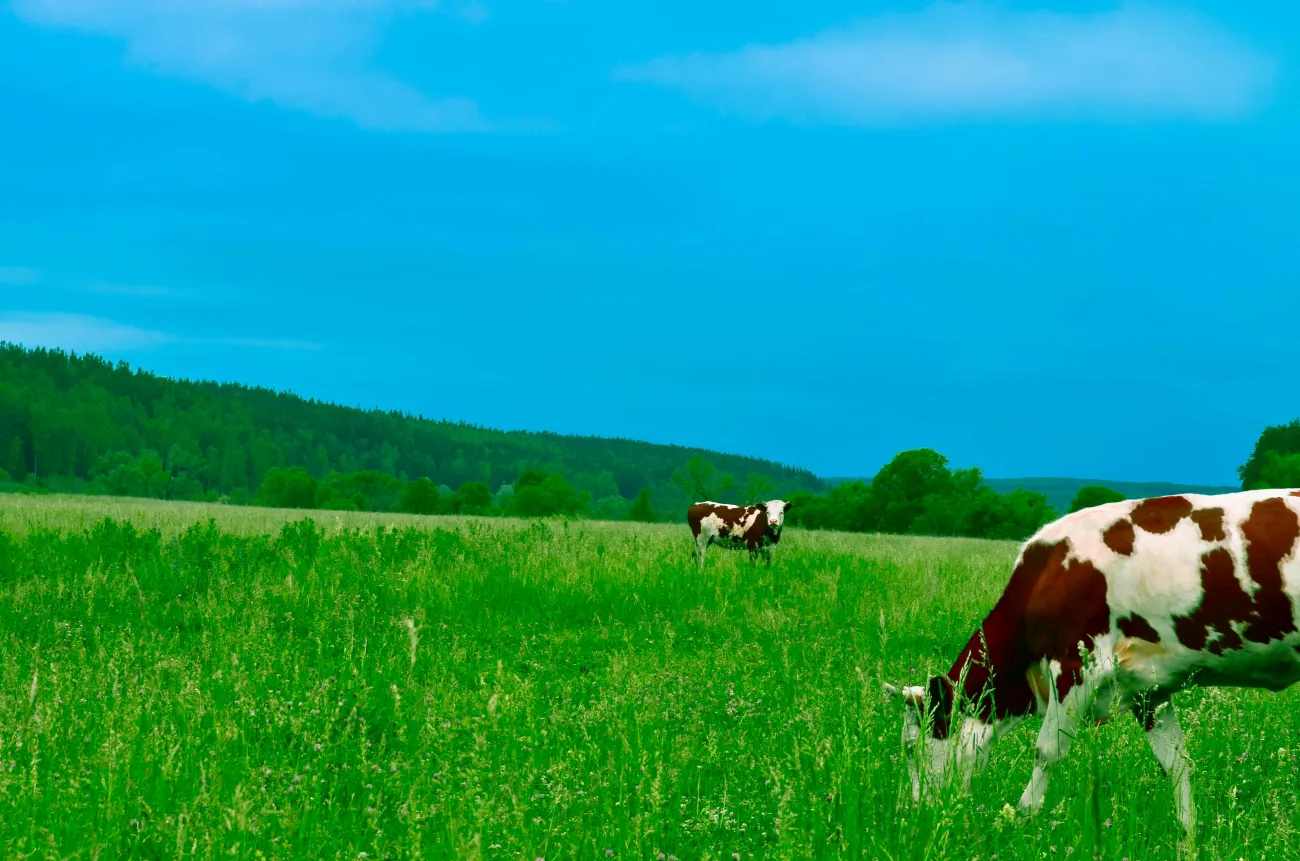This is a systematic review of dairy alternative products and their outcomes for justice. The researchers argue that the heavy-handed regulation of dairy alternative terminology and the market-driven nature of this transition raise questions about injustices in governance and innovation in this sector.

Abstract
Alternatives to dairy products are becoming part of mainstream food culture in Western societies amidst growing concerns for more sustainable and healthy diets, and improved animal welfare. As more citizens opt for plant-based milks, markets have responded with an abundance of alternatives to facilitate the transition. Previous systematic reviews have examined the environmental and health impacts of plant-based products compared with dairy, yet a synthesis of empirical research on the social and environmental justice impacts of dairy alternatives is lacking. This systematic scoping review aims to explore the extent, range, and nature of peer-reviewed studies on dairy alternatives that address their outcomes for justice. Publications were sought through systematic search of two comprehensive electronic databases (Scopus and Web of Science) and screened by two independent reviewers following eligibility criteria. Included studies predominantly focused on consumer identities and values, and the market-led nature of dairy alternatives consumption. Gaps in the literature included impacts on nutritional equity and the innovation and adaptive capabilities of food producers and workers across geographies. We conclude that the heavy-handed regulation of dairy alternative terminology and the market-driven nature of this transition raise questions about injustices in governance and innovation in this sector.
Reference
Hurst, G., Pant, L.P. The role of dairy alternatives in just food system transitions: a scoping review. Agric Hum Values (2024).
Read more here. See also the TABLE explainer, Meat, metrics and mindsets.




Comments (0)